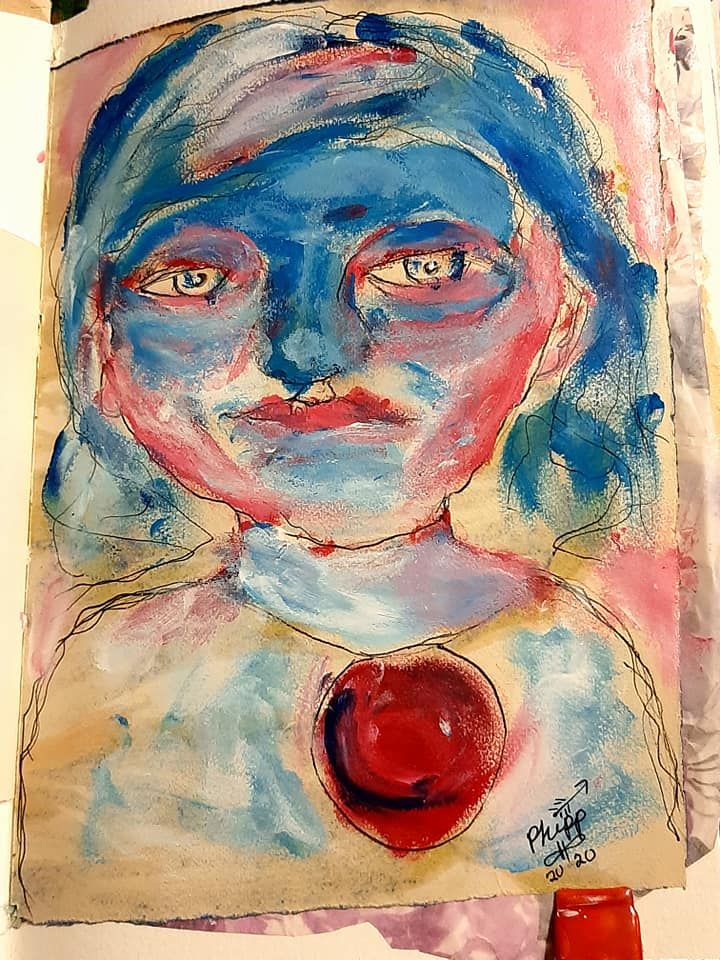
Close your eyes for a moment and imagine: Imagine your brain as the World Wide Web with all of its information at hand. Imagine your brain as a browser with every available tab open. Imagine your brain on information overload, just like when you go to Pinterest to look for that one recipe and spend hours there.
Now, imagine that reality being your existence 24/7. OK, open your eyes so you can read the rest of this article, lol. The metaphor above is what it can be like to live with a mental illness. While each person's symptoms are unique to that person, here are some common symptoms:
- Poor sleep hygiene. The mind has a hard time shutting down amidst racing thoughts. No, counting sleep does not help.
- Hyper-vigilance. Being very alert to each sound and movement around you.
- Panic attacks. Feeling overwhelmed by environmental stressors or perceived threats; can occur in crowds, in response to loud noises, or in the case of trauma survivors, when a situation triggers a memory of the trauma. Panic attack symptoms can include shallow breathing, crying, detachment from what is occurring in the setting, shaking hands, etc.
- Eating too much or too little.
- Irritability
- Ruminating thoughts. This means that the individual has a thought that replays itself over and over like a needle stuck in a scratch of a vinyl record. Often these ruminating thoughts are related to shame or guilt; ways the person wish they had responded in a situation, etc.
- Being overwhelmed in public
As a person with lived experience of living with mental illness, I know many of these symptoms well. I live with bipolar disorder, sensory processing disorder, PTSD (post-traumatic stress disorder), and a traumatic brain injury. Where one symptom ends, another begins. Sometimes, one symptom triggers another and coping skills that work with one trigger don't necessarily work for the other symptom triggering at the same time.
SWhat causes mental illness? Mental illness has a vast variety of causes including some of the following (this is by no means an exhaustive list):
- Nutritional deficiencies
- Side effects of medications
- Trauma such as injuries, grief, violence
- Brain injury
- Lack of sunlight (in the case of Seasonal Affective Disorder)
So, how can you help someone with a mental illness? First and foremost, listen without judgment. It is exhausting to live with a mental illness and to function in society. Many of us have families, work, and have responsibilities. Our challenges are but one part of us. Know some of the symptoms and be compassionate. If you or someone you care about needs help, resources are available.
Those resources will allow an individual to close a few browser tabs and reset his or her responses to stimuli, as well as to learn coping skills, which increase overall wellness.
Paulissa Kipp is a Certified Peer Support and Wellness Specialist. She serves on both the Disability Rights Nebraska Persons with Mental Illness Advisory Council and the Board of Directors.
Image Title: Introspect
Mediums: Micron pen, acrylic on vintage hand-painted paper
Process: Non-dominant hand sketch and painting.


